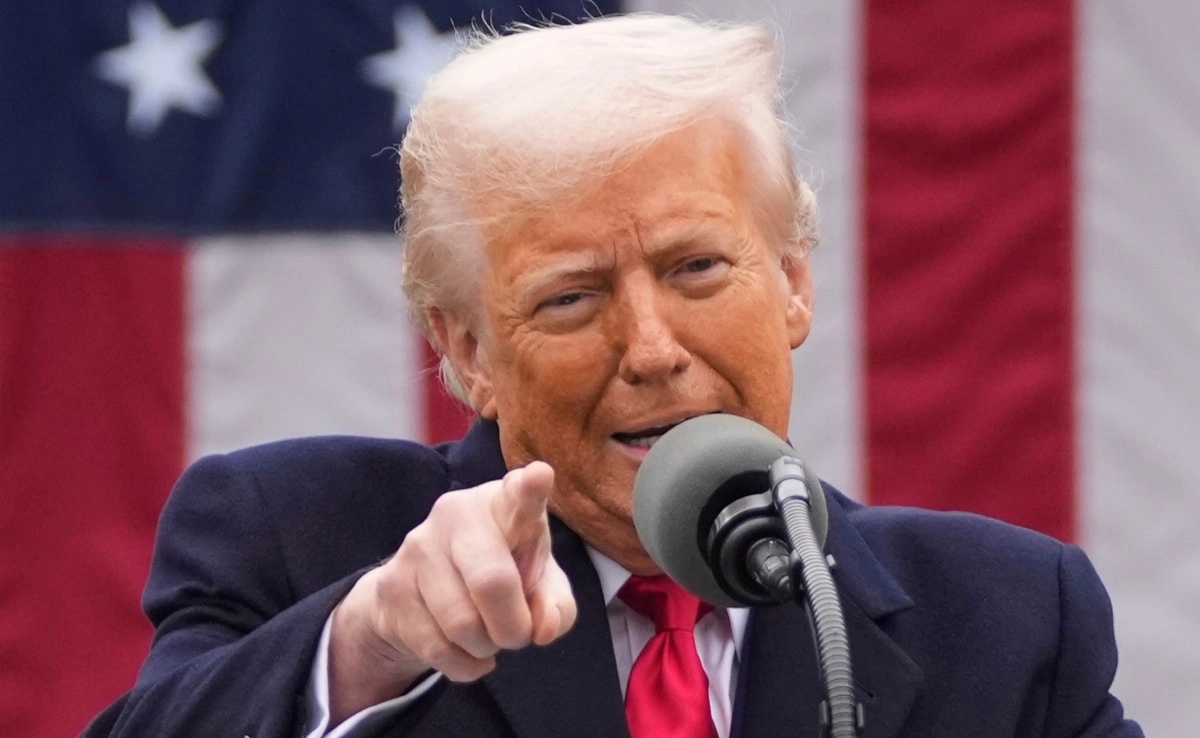The geopolitical landscape of the 21st century is marked by shifting alliances and strategic partnerships, with India finding itself at a critical juncture in its foreign policy. The ongoing relationship between Russia and China has deepened, raising questions about the implications for India, a nation that has historically maintained strong ties with Russia. As the West imposes sanctions on Moscow and Beijing’s influence expands, India faces a dilemma: should it seek to pull Russia away from its alignment with China, or is it wiser to maintain a neutral stance given the complexities of global politics?
India’s historical ties with Russia stem from a shared history of cooperation dating back to the Cold War, when the two nations forged a strong partnership based on mutual interests. However, the emergence of a closer Sino-Russian relationship poses a challenge for New Delhi. The growing military and economic collaboration between Beijing and Moscow could potentially encircle India, jeopardizing its security and strategic interests in the region. Therefore, there is a compelling argument for India to engage with Russia, promoting a more balanced relationship that could help counteract the influence of China. This approach could involve diplomatic outreach, economic cooperation, and even military dialogues to reaffirm India’s significance in the eyes of Russia.
On the other hand, India must tread carefully. The delicate balance of power in Asia requires a nuanced understanding of the motivations behind the Russia-China partnership. While India can advocate for a more independent Russia, it must also recognize that forcing a rift could push Moscow further into Beijing’s embrace, potentially exacerbating existing tensions. Moreover, the West’s increasing isolation of Russia may inadvertently strengthen the Sino-Russian axis, making it imperative for India to consider the broader implications of its actions. Therefore, rather than attempting to pull Russia away from China, India could focus on fostering its own strategic autonomy and strengthening partnerships with other nations, including the United States and members of the Quad.
Ultimately, India’s foreign policy should be guided by pragmatism and a clear understanding of its national interests. The objective should not merely be to alter the dynamics between Russia and China, but to ensure that India remains a key player in this evolving geopolitical landscape. As New Delhi navigates these complex relationships, it must prioritize its security, economic growth, and regional stability. By carefully balancing its engagements, India can position itself as a pivotal force in shaping a multipolar world, where dialogue and cooperation take precedence over confrontation and division. This strategic foresight will be crucial as India strives to maintain its sovereignty and influence in an increasingly interconnected global arena.




